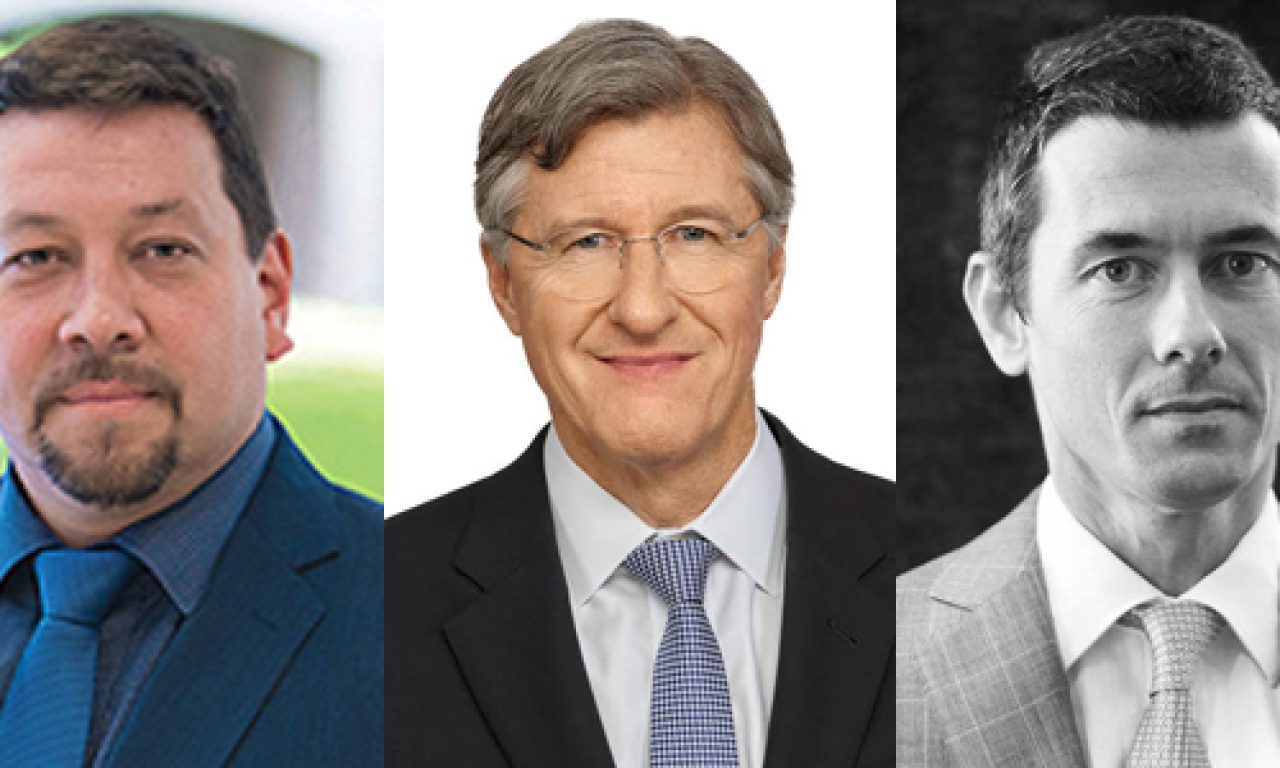Putting politics aside, as Australia suffers its worst bushfires in history and with the world looking on, the question for big investors and their managers is: “How should you react from a fiduciary’s point of view?” Big super funds have been cognisant of climate change risk for years. But, now, they need to really engage with members on the subject, too. It’s all anyone can think about right now.
We spoke with three specialists on ESG matters: an asset consultant, Joey Alcock, who chairs the responsible investing committee at Frontier Advisors; and two fund managers: Tom King, the CIO of Sydney-based global manager Nanuk Asset Management; and John Streur, chief executive of US-based global ESG specialist Calvert Research and Management. What they each said was that investors certainly needed to take heed of this Australian summer’s warnings. Investors need to do something. We, as members and ordinary citizens, need to do something!
Melbourne-based Joey Alcock said: “When you are looking at events such as these, you try to consider the long-term horizon. From an investment and portfolio management perspective, it’s not about the fires happening right now. It’s what that signals for the longer term. If climate change is happening, as it certainly appears, and it’s an ongoing and growing phenomenon, it is definitely appropriate that trustees think of this as their fiduciary duty. Managing this is an essential part of looking after the members’ interests.
“As a house [Frontier Advisors], we have concluded that climate change is a reality. There is a lot of compelling evidence from scientists on the subject. It’s been debated for a long time and our view is that the evidence is so compelling that this should be part of setting the agenda for our investment recommendations,” Alcock said.
As all of Australia knows, Victoria has suffered alongside NSW and South Australia (and, to a lesser extent, Queensland and Western Australia) through this disaster. People have died, houses have been lost and millions of animals, from indigenous species to sheep and cattle, have perished, often in a terribly painful fashion.
Alcock said that “we” – the whole industry including advisors such as Frontier – needed to speak with investors. “Over the long term there will be an impact on GDP,” he said. “We started communicating that view to our clients from the first half of last year… There’s the impact through insurance and there’s the impact through rebuilding after the current crisis. We have to look forward. What is this signalling going forward? We need to speak with investors about how they moderate their risk. We need to think about the physical risks and where does our capital need to be deployed… We have to adapt to our environment.”
Tom King, the CIO of Nanuk, has both a personal and professional take on the current crisis. He’s a former Olympic gold medallist sailor. His colleagues at Nanuk, such as founder Paul Chadwick, are surfers and sailors from the northern beaches area of Sydney. They came together with a common bond after seeing the effects on environmental damage, first hand, with pollution such as marine-destroying plastic bags, in the otherwise pristine waters from Manly to Palm Beach. They have a strong belief that environmental issues, including climate change, will result in significant longer-term changes in the global economy.
Nanuk, which is the Inuit word for polar bear, was established in 2009, firstly running the money of the founders through both long-only and long-short strategies focused on the broad theme of environmental sustainability. In the past few years the firm has grown strongly as investors have increasing sought to diversify their portfolios and improve returns positive exposure to sustainable technologies.
Tom King said, given Nanuk’s directors and senior staff’s backgrounds, that the firm inherently focused on studying the likely longer term economic and investment consequences of environmental issues. “I guess we also have a heightened sensitivity to climate-related risk,” he said.
Funds management was a complicated business, he said. “Advisers today are being increasingly required to consider the environmental and ethical concerns of their clients, and climate risk is now front of mind.” He adds, investors should be looking at shifting away from plain-vanilla index exposures which contain significant embedded climate risks. ‘Active share’, which is the proportion of a portfolio which differs from the index, is becoming increasingly important for managers and their clients. Managers, such as Nanuk and Calvert and asset consultants such as Frontier, are becoming increasingly important,
John Streur, the chief executive of the Eaton Vance-affiliated ESG-orientated manager Calvert Research and Management, said that the way investors thought about the climate issue was “extremely relevant”. It impacted on both companies and governments’ credit worthiness, he said.
A frequent visitor to Australia, Streur said that the costs associated with the fires, such as all the required cleaning up, represented an immediate problem. But then there was the longer-term problem. Frontier’s Joey Alcock added that the issues associated with the fires took on a personal dimension, as they did for all of us.
According to John Streur, the fires represent an example of how investors should be looking at the environment and other real risks. He says: “All companies, in which we invest, are exposed differently to this. It’s a very serious matter and fiduciaries must consider ESG risks, now more than ever. At Calvert we’ve been helping fiduciaries fully integrate ESG risk into decisions for decades, but sometimes members, governments and funds need something distinct, like the fires, to prompt real action.”
Streur says that “sovereign entities” like Australia (including its states and territories) and individual companies are affected in different ways by our changing climate, sometimes in surprising ways, and that fiduciaries need to understand the risks and opportunities deeply. They are directly relating to long-term value creation… We are now feeling a sense of urgency. We want to do more, more quickly.”
– G.B.

